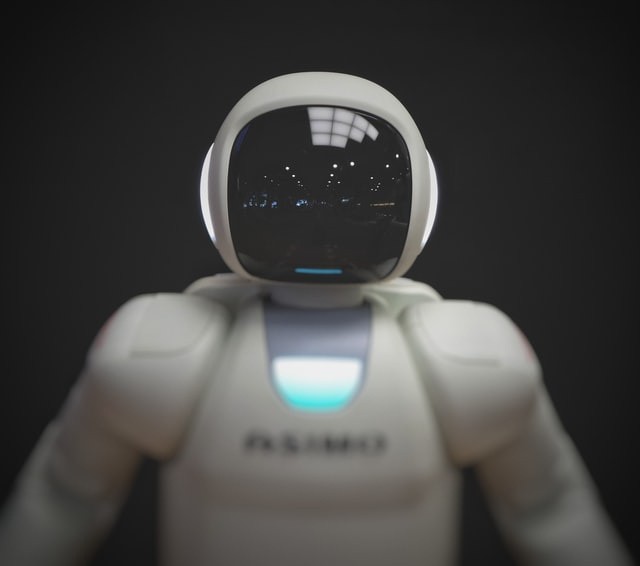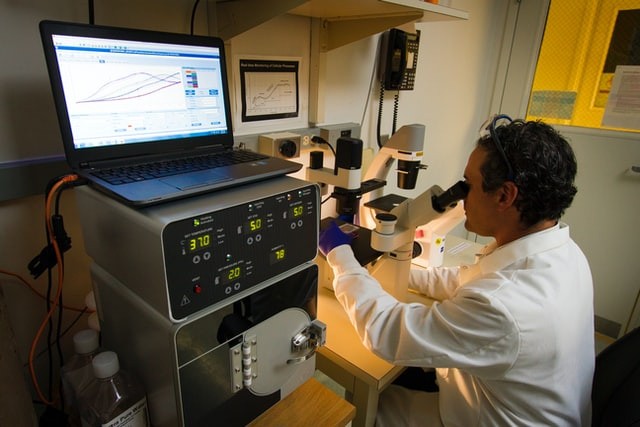As the COVID-19 pandemic continues to affect millions of people in the United States, different measures are being conducted by various groups, agencies, and organizations to prevent the further spread of the virus, and also to help industries reopen in a safe environment. Hollywood, for example, plans to use a germ-zapping robot that is claimed to kill 99.9 percent of the coronavirus, to get back to their usual productions and also lessen the fear of their staff.
Also Read: CDC Confirms COVID-19 Does Not Spread Easily by Touching Objects or Surfaces; Blue Light Can Cause Premature Aging

According to Fox News' latest report, new strategies are being formulated to keep movie sets safe from the coronavirus since many television and film productions are planning to resume operations after the long halt. The report stated that the executives of Hollywood are looking to use a "germ-zapping robot" that uses ultraviolet light to kill the novel coronavirus.
The robot is still in a trial phase at the Texas Biomedical Research Institute, but the machine manufacturer, Xenex Disinfection Services, claimed that the germ-zapping robot is 99.9% effective at killing COVID-19 and can clean a surface contaminated by the virus in just two minutes. It was also shared that the robot can clean an N95 mask within five minutes.
New study reveals COVID-19 can block genes to multiply: Germ-zapping robot used by Hollywood can kill 99.9% of coronavirus
The germ-zapping robot formed with Justin Golding, a former filmmaker, is part of the Production Safe Zone venture of Dr. Mark Stibich, co-founder and CSO of Xenex. The new tech is officially trademarked as the Xenex Germ-Zapping Robot.
The program's main goal is to help film and television productions eliminate the coronavirus by killing the particles of virus that could last on some surfaces so that their productions can resume. Stibich and Golding were reported to have approached executives at Sony, Netflix, and Amazon to cooperate and discuss strategies using their new robot.
"The way we like to think of it is that our pathogens, like coronavirus, have evolved - but our tools that clean the environment haven't," said Stibich.
Meanwhile, a new study has revealed that the coronavirus can block genes allowing it to multiply within a human cell. According to a report from The Daily Mail, the new study suggests that COVID-19 hijacks the body's cells by blocking certain genes that fight against infections.

The researchers of the study discovered that the SARS-CoV-2 virus behaves differently compared to other viruses. SARS can restrict the genes that stop the coronavirus from multiplying but allows the type of genes to call for immune cells to behave normally.
The behavior of SARS can lead to the overproduction of immune cells since the virus can multiply, which can lead to unmitigated inflammation by flooding the lungs and other organs. It was revealed by the team of researchers from Icahn School of Medicine at Mount Sinai in New York City that restoring the pathway blocked by the virus should be focused in the early stages of the disease, rather than focusing on the inflammation.
![Apple Watch Series 10 [GPS 42mm]](https://d.techtimes.com/en/full/453899/apple-watch-series-10-gps-42mm.jpg?w=184&h=103&f=9fb3c2ea2db928c663d1d2eadbcb3e52)



